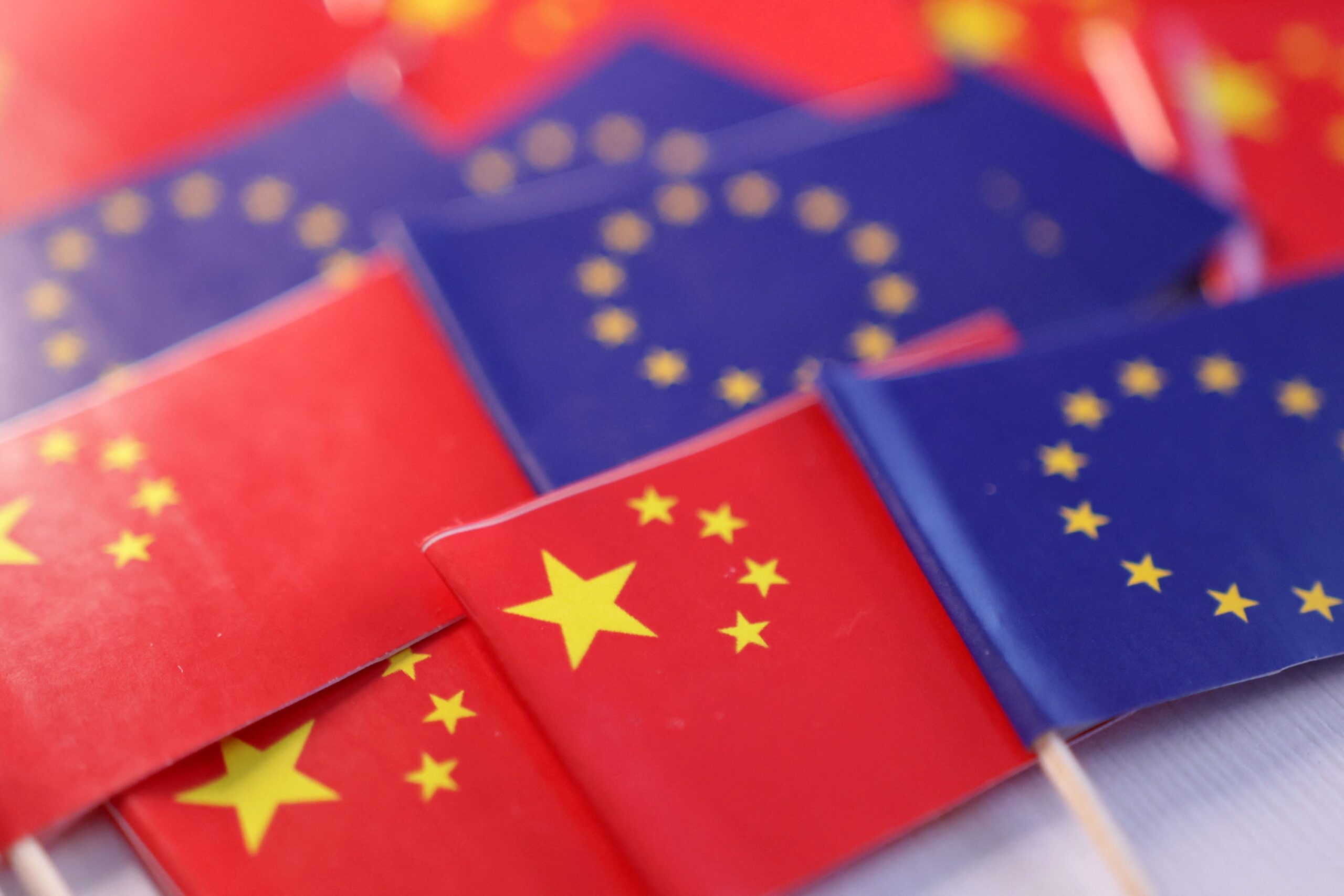China and Europe Unite for Climate Action Amidst Trade Tensions
Yesterday, amidst a bilateral summit marked by trade disagreements and the Ukraine conflict, China and Europe jointly advocated for heightened action towards resolving climate change. The two powerful economies published a shared proclamation urging countries to make more significant emission reductions and incorporate more green technologies. The statement also confirmed their commitment to the Paris Climate Accord and highlighted the need for substantial action at the impending COP30 climate meeting in Brazil.
In a turbulent international climate, it is vital for all nations, primarily those with larger economies, to ensure policy stability and enhancement in climate change efforts,’ as per the joint statement. This environmental agreement provided a hopeful counterpoint to the intense discussions of the summit, primarily focused on addressing the skewed trade relationship between Europe and China.
In the summit, European leaders voiced their concerns for a more equitable relationship with China, with President Xi Jinping taking central stage in these talks. The central discussion point was trade, with European representatives demanding concrete steps towards bridging the substantial trade deficit between Europe and China.
European Commission President Ursula von der Leyen noted the deepening imbalances in cooperation, reaching a critical inflection point in the relationship. She emphasized the necessity for mutually beneficial relations for sustainability, indicating the need for a more balanced bilateral relationship.
Expectations were relatively low as the summit began. Initially planned for two days, the meeting was rescaled to a single day amidst global financial instability, conflicts in the Middle East and Ukraine, and the looming threat of U.S. tariffs. Neither Europe nor China seemed likely to shift their stance on crucial issues.
European Council President António Costa drew attention to China’s influential role over Russia in potentially resolving the war in Ukraine. Conversely, President Xi emphasized the need for increased cooperation between Europe and China to promote stability in a progressively complex world landscape.
President Xi encouraged setting aside differences and finding common ground, common rhetoric adopted in his discussions with European Union. He committed to enhancing coordination on climate issues and making more significant contributions to resolving climate change.
However, he also objected to the restrictions placed by the EU on Chinese exports. Amidst the larger context of the summit, there was disappointingly little progress on key subjects such as trade, electric vehicles, or Russia’s ongoing involvement in conflicts.
The European Union, much like the United States, is grappling with a considerable trade deficit with China, heavily dependent on China for critical minerals and their resultant products used in vehicles and appliances. This dependence became even more pronounced when China reduced exports of these commodities in response to U.S. tariffs, causing alarm within the European automobile industry.
In response, China committed to implementing an ‘improved export supply mechanism’ to expedite the export of critical minerals, announced Ursula von der Leyen at the summit. However, specific details of this plan have not yet been released.
The EU has levied tariffs on Chinese electric vehicles to balance out Beijing’s substantial auto subsidies and support its own auto industry. China, understandably, seeks a repeal of these tariffs. There is mounting apprehension within European markets that China’s growing market share might pose a threat to the development of European green technology to tackle climate change.
Industrial groups and unions express concerns that the employment of some 2.5 million automobile industry workers, as well as an additional 10.3 million indirectly associated with electric vehicle production, could be put at risk. China has responded by initiating inquiries into European pork and dairy goods and added tariffs to French spirits like cognac and armagnac while criticizing the EU’s new regulations on medical equipment sales.
However, the scales may yet tip in EU’s favor as China heavily relies on selling goods to the bloc. China aims to maintain its status as the EU’s biggest export market, especially considering the friction with the U.S. Therefore, European leverage could be instrumental in influencing outcomes.
Wary of growing tension between Washington and Beijing, the European Union has been actively building new alliances. Recently, the EU has signed a trade agreement with Indonesia and is in the process of formulating similar deals with South America and Mexico.
On the eve of their meetings in Beijing, Costa and von der Leyen were in Tokyo forging an alliance with Japan to bolster economic cooperation, defend free trade, and counter unfair trade practices. Their move underscores the necessity for like-minded partners to join hands in enhancing mutual strength amidst a world rife with protectionist tendencies and exploitative dependencies.

